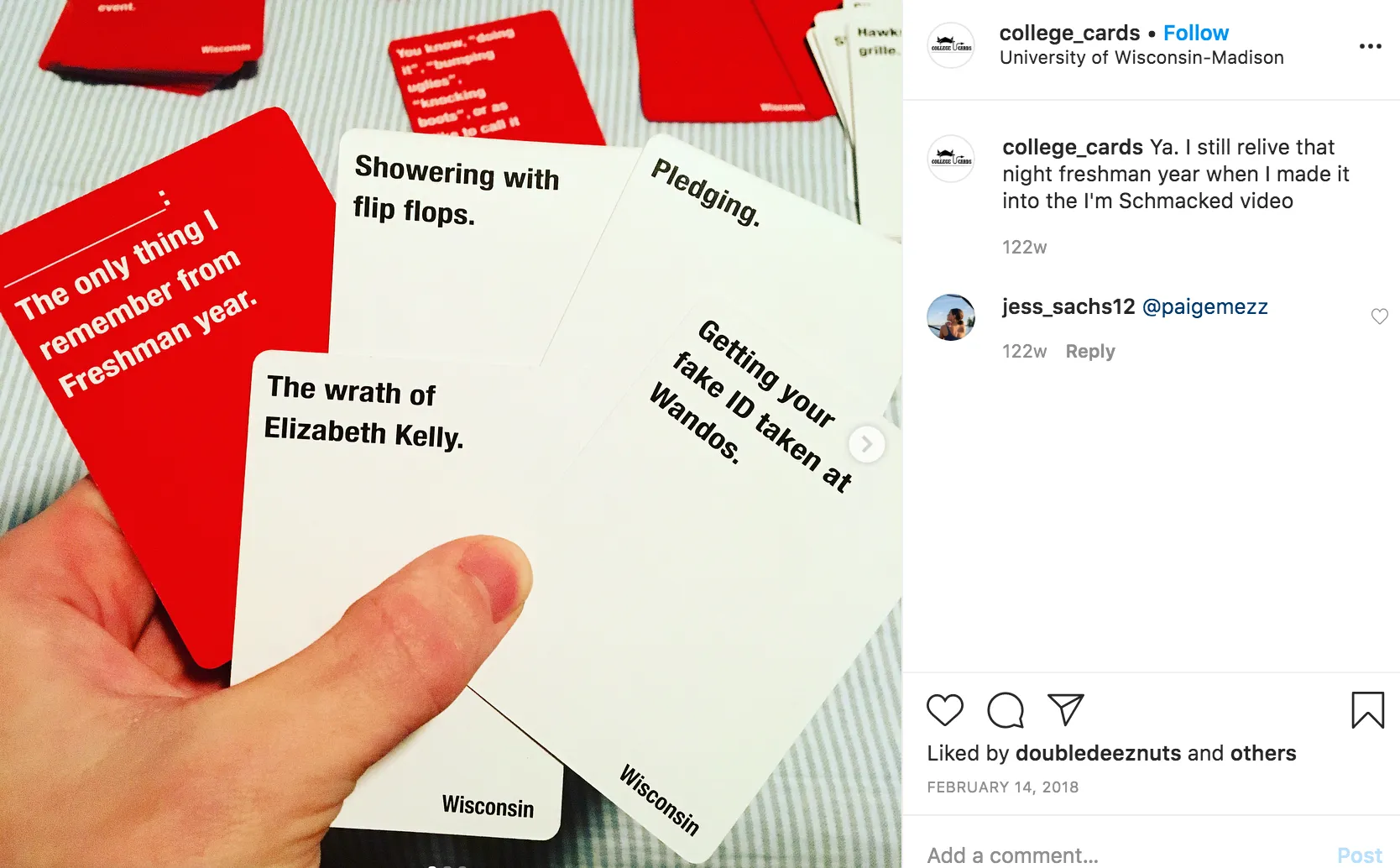933 reads
How I Localized Cards Against Humanity, Gamed Instagram, Made $13,000, & Got Shut Down by University
by
June 20th, 2020

Co-Founder & CEO @ CryptoTrader.Tax - tax software for crypto investors
About Author
Co-Founder & CEO @ CryptoTrader.Tax - tax software for crypto investors
